I still believe nonfiction is the most important literature to come out of the second half of the 20th century
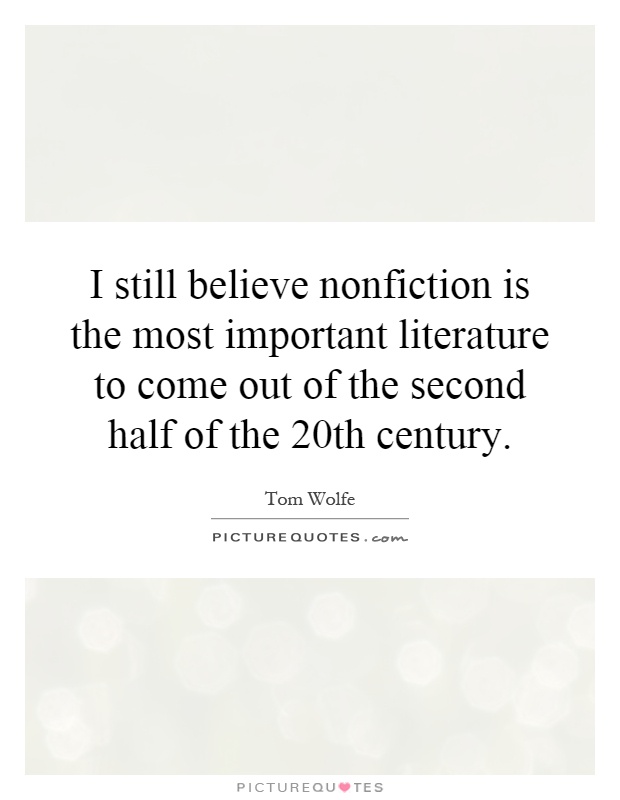
20th Century QuotesThe Most Important QuotesMost Important QuotesI Still Believe QuotesTom Wolfe Quotes
I still believe nonfiction is the most important literature to come out of the second half of the 20th century
Tom Wolfe, a pioneer of New Journalism, was a firm believer in the power and importance of nonfiction literature. Throughout his career, Wolfe produced groundbreaking works that blurred the lines between journalism and literature, ultimately shaping the landscape of nonfiction writing in the second half of the 20th century.Wolfe's approach to nonfiction was revolutionary in its use of literary techniques to tell true stories. He believed that nonfiction had the potential to be just as engaging and impactful as fiction, if not more so. Wolfe's writing was characterized by its vivid detail, immersive storytelling, and unique voice, all of which helped to elevate nonfiction to a new level of artistry.
One of Wolfe's most famous works, "The Electric Kool-Aid Acid Test," exemplifies his belief in the power of nonfiction. The book follows author Ken Kesey and his band of Merry Pranksters as they embark on a cross-country journey fueled by LSD and a quest for enlightenment. Wolfe's immersive and participatory style of writing brings the reader directly into the chaotic and psychedelic world of the Pranksters, blurring the lines between observer and participant.
Wolfe's work also challenged traditional notions of objectivity in journalism. He believed that the subjective perspective of the writer was an essential part of storytelling, and that by embracing this subjectivity, nonfiction writers could create more honest and compelling narratives. Wolfe's use of first-person narration and his willingness to insert himself into the story helped to humanize his subjects and bring a deeper level of understanding to his work.


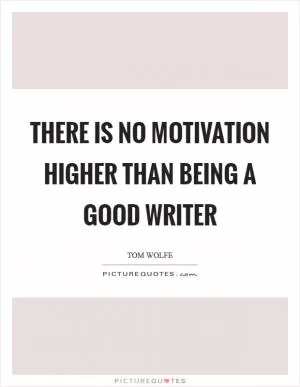
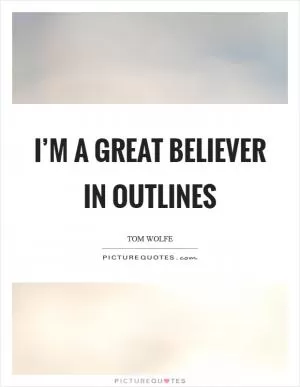
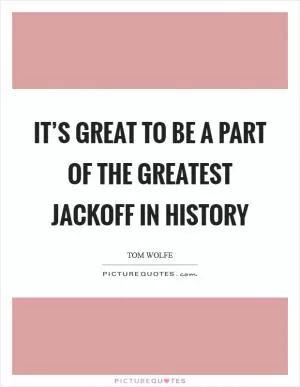
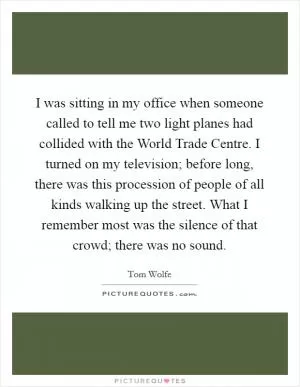
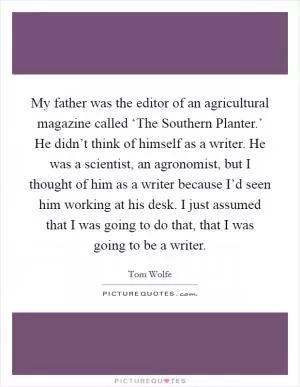

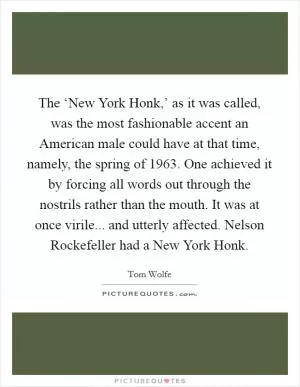
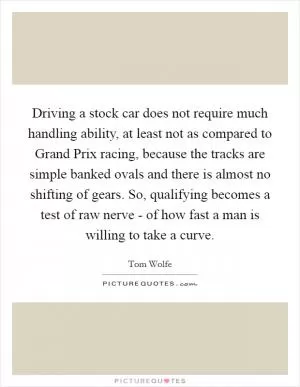
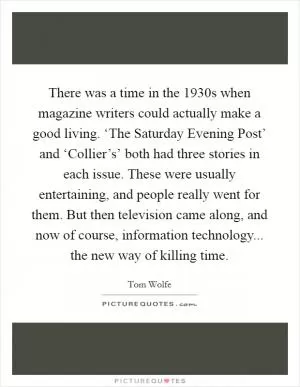

 Friendship Quotes
Friendship Quotes Love Quotes
Love Quotes Life Quotes
Life Quotes Funny Quotes
Funny Quotes Motivational Quotes
Motivational Quotes Inspirational Quotes
Inspirational Quotes